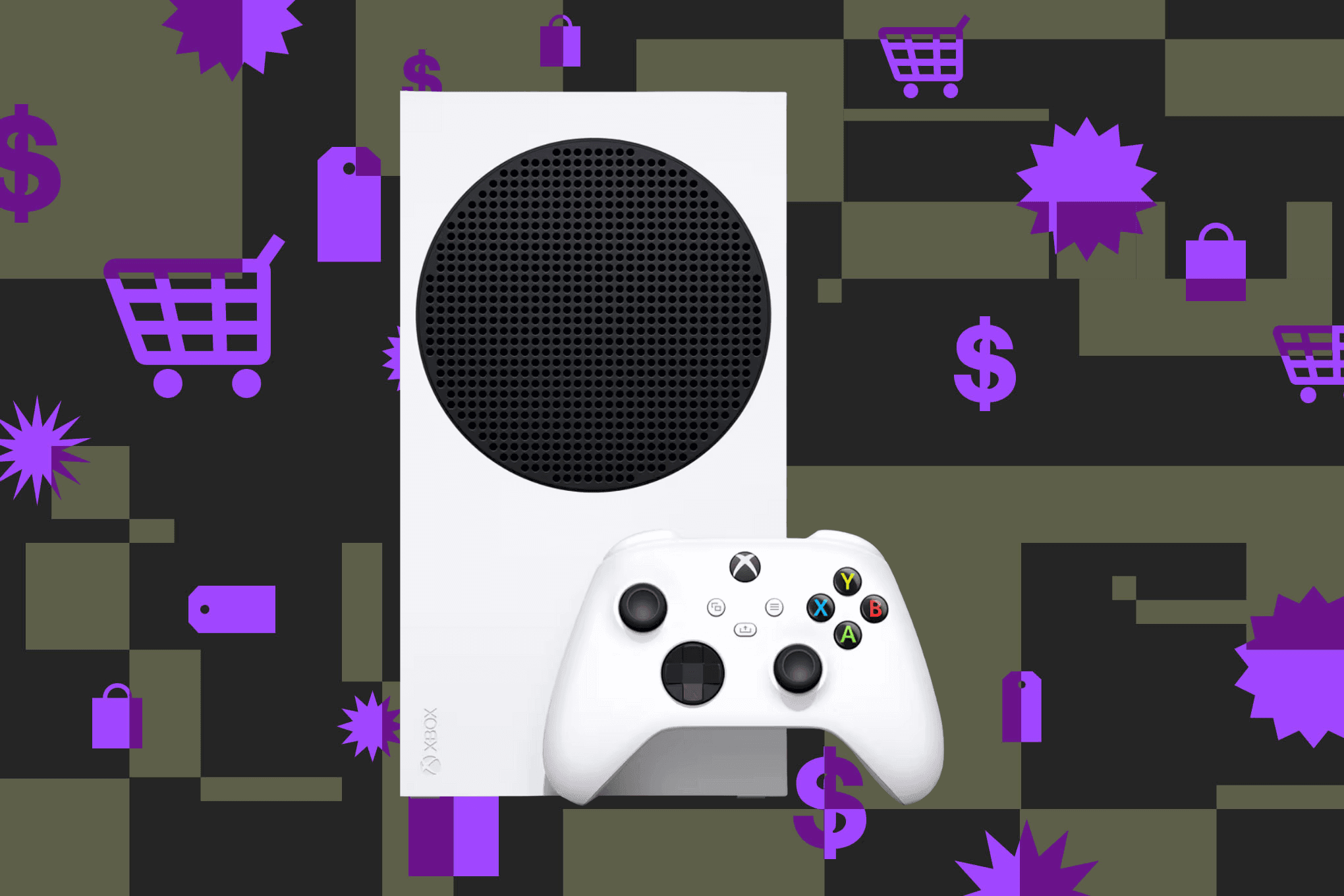Microsoft is raising Xbox console prices across its entire lineup starting October 3rd, 2025, marking the company's most aggressive hardware pricing adjustment since the consoles launched. The Series S jumps $20 while the flagship Series X increases by $50, with the premium Galaxy Black edition climbing $70. The move signals broader shifts in console economics as component costs and market dynamics squeeze hardware margins industry-wide.
Microsoft just pulled the trigger on sweeping Xbox price increases that'll hit wallets across America tomorrow. The Series S jumps from $379 to $399 for the 512GB model, while the 1TB variant climbs from $429 to $449. But Xbox Series X owners face steeper sticker shock - the digital edition rises from $549 to $599, the standard model moves from $599 to $649, and the premium 2TB Galaxy Black edition soars from $799 to $869.
This isn't just routine price tweaking. Microsoft's move reflects the harsh economics hammering console makers as semiconductor shortages persist and inflation squeezes component costs. The timing also suggests Microsoft's confident enough in Xbox Game Pass momentum to test consumer price sensitivity across its hardware lineup.
Sony faced similar pressure earlier this year, raising PlayStation 5 prices in multiple regions while keeping US pricing stable - until now. Microsoft's bold move could signal that even the massive US gaming market isn't immune to the cost pressures reshaping console economics globally.
The increases come as Microsoft doubles down on its subscription-first strategy. "We're seeing strong Game Pass engagement across all Xbox hardware," a Microsoft spokesperson told The Verge. The company's betting that loyal subscribers will absorb higher hardware costs to access their growing games library.
Industry analysts see this as Microsoft testing market elasticity ahead of the next console generation. "They're essentially asking: how much will gamers pay for Xbox hardware when the real value is in Game Pass?" explains Wedbush analyst Michael Pachter. The answer could reshape how both Microsoft and Sony price future consoles.
The broader gaming industry is watching closely. Nintendo has kept Switch pricing stable, but that console uses older, cheaper chips. As next-gen hardware demands cutting-edge processors, console makers face an uncomfortable choice: squeeze margins or pass costs to consumers.
Retail partners Amazon, Best Buy, and GameStop confirmed they'll implement the new pricing tomorrow, ending the current promotional discounts that had the Series S selling for as low as $329. Those deals now look prescient - retailers likely knew price increases were coming.












